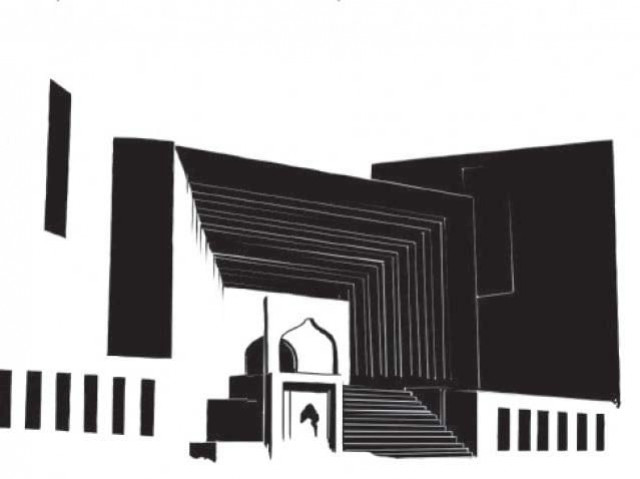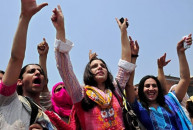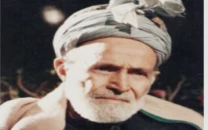Analysis: Head-on collisions can prove fatal
Supreme Court’s patience is not unlimited, especially when it comes to wilful disobedience of its orders.

The Supreme Court’s patience is not unlimited, especially when it comes to wilful disobedience of its orders.
For the last two years, the Supreme Court has gently nudged the government to honour the verdict in the NRO case and write the letter to the Swiss authorities. The government, till now, was successfully prevaricating. But in a startling interview last weekend, President Asif Ali Zardari threw down the gauntlet, and proclaimed that there was no question of writing to the Swiss till he was president.
It was not just the NRO letter to the Swiss which was at issue. The Supreme Court’s orders for initiating action against officials responsible for illegal appointments of Adnan Khawaja at OGDC and Riaz Sheikh at FIA were also shrugged off by the government. According to the Supreme Court’s order, NAB’s decision to not proceed in these matters was an attempt “to shield and protect all those in public offices who were involved in appointment/promotions of the said convicted persons.” The Supreme Court bench was at pains to record that they “have particularly noted the defiant posture and position adopted by the Chairman [NAB] and have been struck by his willful disobedience to the earlier directions issued by [the] Court he has decided to take this Court head on…”
Head on collisions can prove fatal. The six options listed in the Supreme Court’s order actually outline three divergent survival scenarios for Prime Minister Gilani and President Zardari which will be considered by a larger bench of the Supreme Court on 16 January. In the first scenario (listed as Option 1 in the Order), both the prime minister and the president’s contumacious defiance of the Supreme Court’s verdict may cause the court to declare that they have violated their sacred oaths of office and are no longer qualified to hold such high office or even continue as member of parliament. In the court’s words: “a permanent clog on the prime minister’s qualification” for election and similar consequence for the president.
In the second scenario (listed as Option 2 in the order), the prime minister and his team members may face conviction for contempt of court and disqualification for at least five years. The president apparently goes unscathed in such contempt proceedings as the Supreme Court’s order makes no reference to him under this option.
The third scenario (listed as Option 6 in the order) is seemingly forgiving. That Prime Minister Gilani and President Zardari go on with their business unhindered by the Supreme Court. As the order states, “instead of insisting upon the executive to implement the judicial verdict and thereby running the risk of bringing down the constitutional structure itself, this court may exercise judicial restraint and leave the matter to the better judgment of the people of the country or their representatives in parliament to appropriately deal with the delinquent.”
The Supreme Court’s order itself notes that, “we the Judges of the Supreme Court have made an oath before Allah Almighty…it is our bounden duty to take appropriate action whenever we find that the Constitution is not being obeyed or its express commands are, wittingly or otherwise, being disregarded”. In such circumstances, it would be a hard task for the Supreme Court to exercise further restraint, especially, in the fact of open and contumacious defiance.
It was a letter from Benazir Bhutto in the form of a will, which provided the foundation for the PPP’s present set up. It is also a letter, this time to the Swiss authorities, which may save the PPP from a precipitous end.
The writer is an advocate of the Supreme Court and senior partner at Ebrahim Hosain.
Published in The Express Tribune, January 11th, 2012.



















COMMENTS
Comments are moderated and generally will be posted if they are on-topic and not abusive.
For more information, please see our Comments FAQ